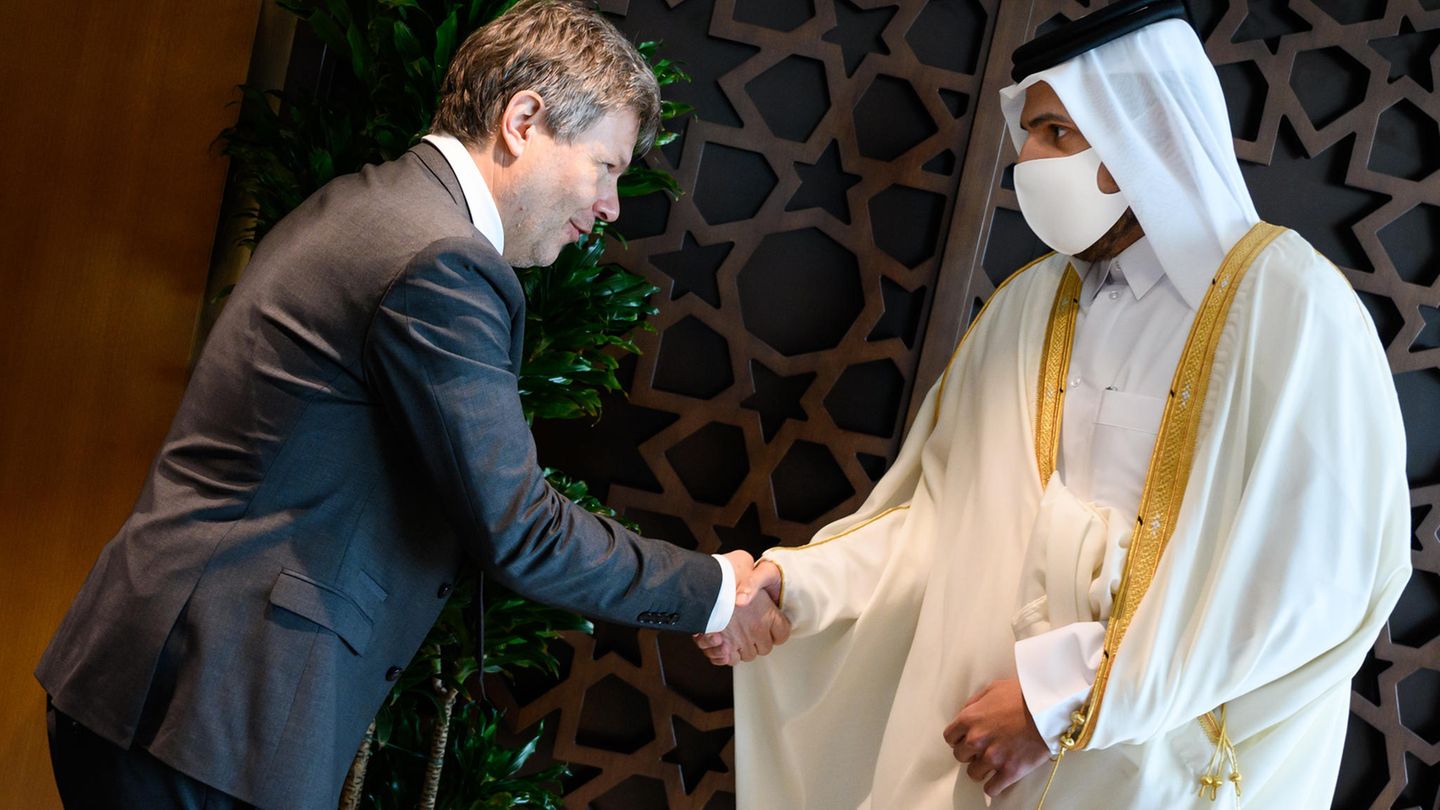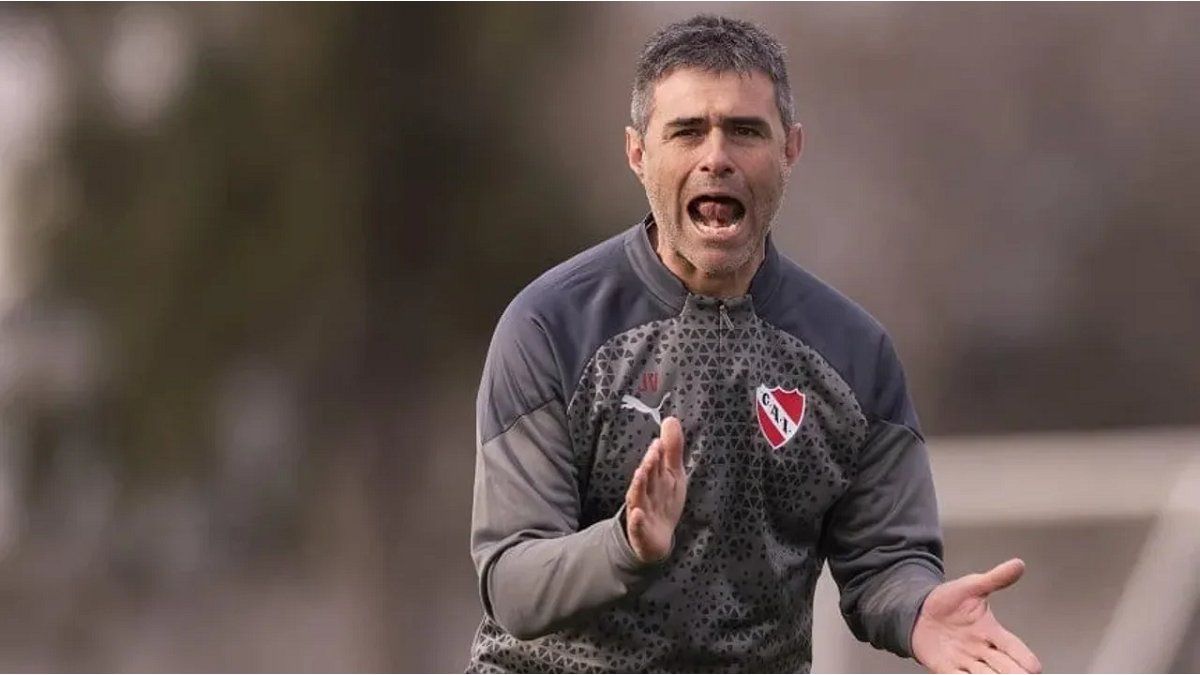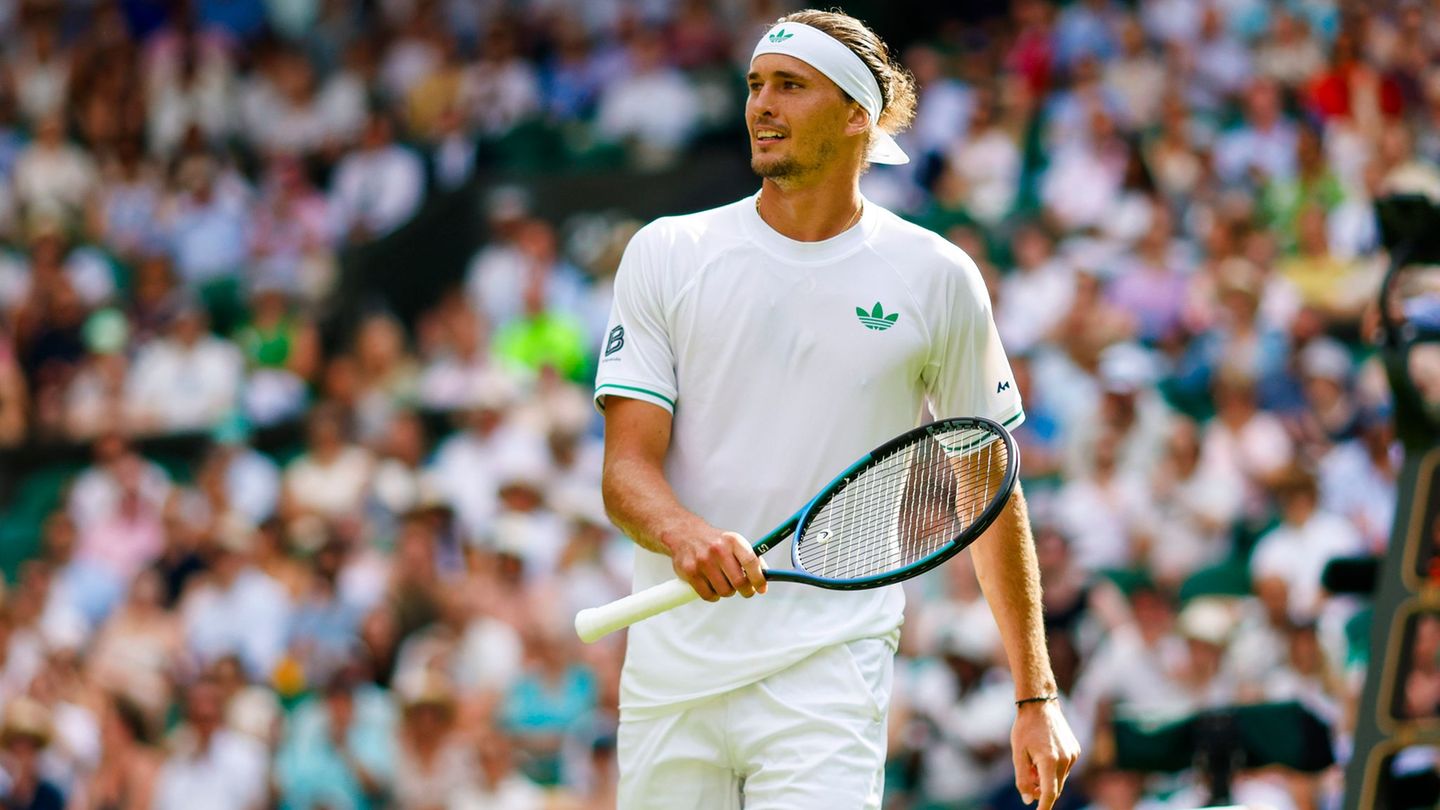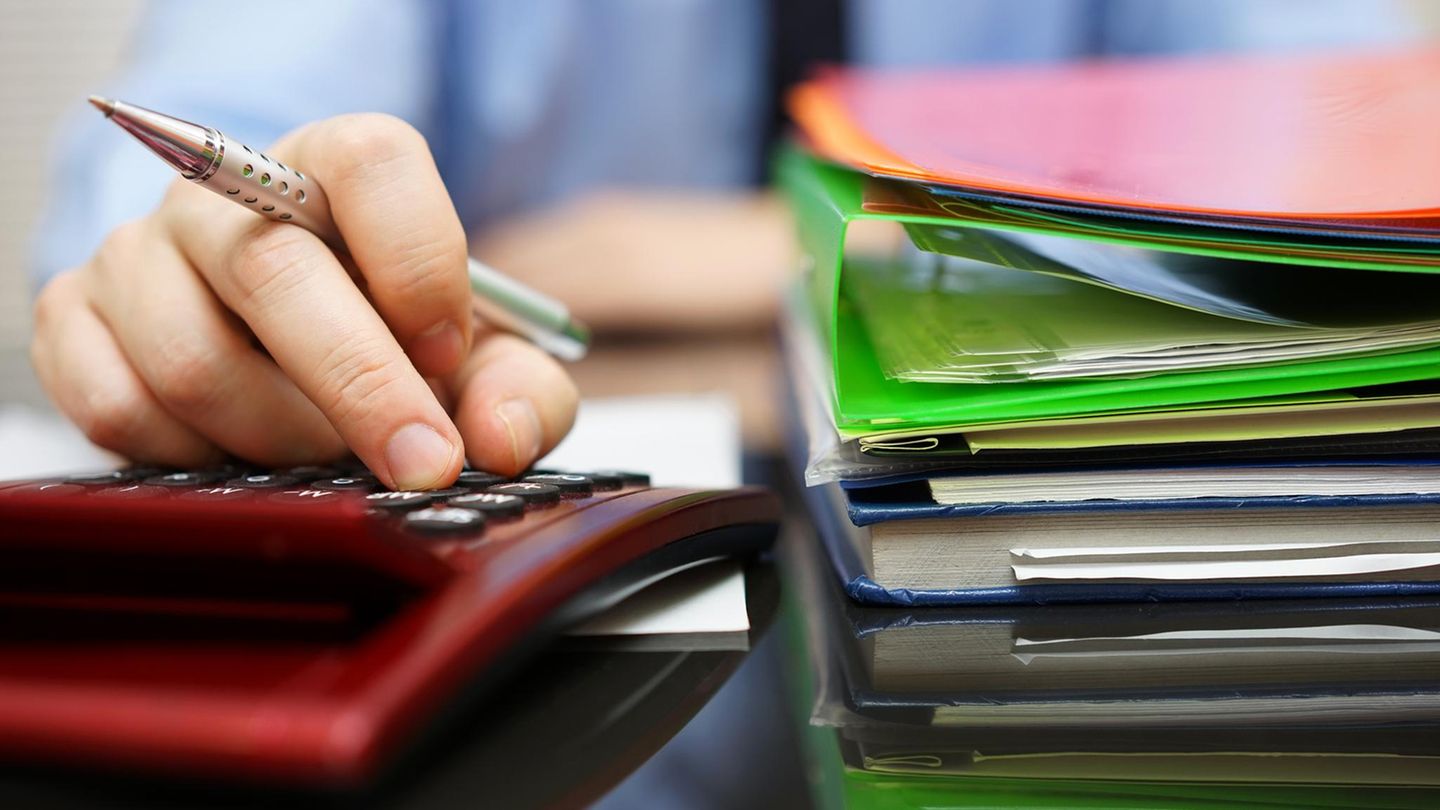Economics Minister Robert Habeck agreed in Qatar on a German energy partnership for liquid gas from the emirate. Russian gas will no longer be needed in the future.
It’s a step on the long road to “Putin-free” gas. Robert Habeck has just returned from a meeting with the Emir of Qatar – which apparently exceeded his expectations. It was “greatly” firmly agreed to enter into a long-term energy partnership, said the Federal Minister for Economic Affairs on Sunday in the Qatari capital Doha. The companies that accompanied him to Qatar would now enter deep into contract negotiations with the Qatari side.
War in Ukraine changes German energy policy
And the Greens politician then sent a message to the Russian warlord Vladimir Putin: “If we might still need Russian gas this year, not in the future. And that’s only just beginning. So if you have ears, he hears.”
The Russian war of aggression in Ukraine triggered a turning point in German energy policy. So far, the share of Russian imports in fossil gas imports to Germany is around 55 percent. That is why Habeck vehemently rejected an embargo on Russian deliveries and warned of serious damage to the German economy.
Robert Habeck wants to diversify the delivery structure
The way out should now be: diversify the supply structure, i.e. put it on a broader basis – and not just primarily rely on one card. “The path consists of many milestones,” said Habeck. That’s why the minister has already been to Norway, has, according to his own words, already held talks with Canada – and traveled to Qatar this weekend. The emirate is one of the world’s largest exporters of liquefied natural gas (LNG). So far, Qatar has mainly delivered to Asia, but intends to expand its capacities significantly in the coming years.
The trip was triggered because he was aware that German companies were in contract negotiations with Qatari companies, said Habeck. However, these negotiations would have needed a “motivational push”.
Habeck sees himself as a “door opener” for the German economy – and his program in Doha is impressive. In addition to the Emir, he met with the Economy Minister, the Foreign Minister and the Energy Minister. This is seen as a sign of appreciation in the German delegation, which also includes numerous high-ranking managers: the head of Thyssenkrupp, for example, or the heads of Bayer and Siemens Energy. RWE boss Markus Krebber says that the region and Qatar in particular is an extremely important location for energy supplies for the whole world and thus also for Europe: “Since we in Germany now want to diversify, the importance will increase again.”
Qatar is a building block in Habeck’s strategy – which includes short-term, medium-term and long-term goals. In the short term, LNG deliveries from Qatar should also help to secure gas supplies in Germany for the coming winter. So far, this has not been the case, according to Habeck. In the medium term, LNG gas from Qatar should also land at planned German LNG terminals in Brunsbüttel, for example – this requires supply contracts with German companies.
LNG gas as an interim solution
Although LNG gas is more expensive than Russian pipeline gas, nobody can predict how the war in Ukraine will continue and whether Putin will not turn off the gas supply after all. That’s why an own LNG terminal should also be a kind of insurance for a stable energy supply in Germany.
In the long term, however, and this is the greatest goal, Germany wants to get rid of fossil fuels completely. Climate neutrality is to be achieved by 2045. The United Arab Emirates also come into play here, where Habeck wants to hold talks on Monday. It’s about green hydrogen, which is produced without CO2 emissions on the basis of renewable energies and is intended to enable decarbonization in the steel and chemical industries, for example.
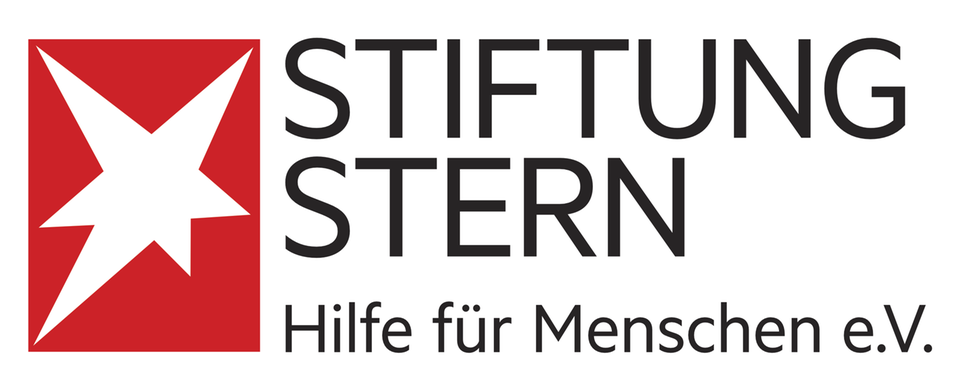
But the energy partnership with Qatar should not only include LNG supplies, Habeck said after his meeting with Emir Tamim bin Hamad Al Thani, but also the expansion of renewable energies and energy efficiency measures. Qatar, which has so far mainly relied on its gas, also wants to change. “The day got a strong momentum,” said Habeck. The Emir’s support was strong beyond measure and stronger than expected.
But it is not an easy journey for the German Economics and Climate Protection Minister. Habeck himself speaks of a diplomatic “unsteady ground”. Since the controversial awarding of the World Cup, the focus has been on the human rights situation in the autocratically run emirate. Everywhere in Doha is currently being built and tinkered, the capital is gearing up for the World Cup at the end of the year.
They are construction workers, mainly from India, Bangladesh, Nepal and Pakistan – whose difficult working conditions Habeck, in his own words, addressed at his meeting with the sheikhs. The Qatari side said they knew what to do: “It is unacceptable that people here live in poverty and are exploited.” Qatar is the first Arab country to introduce a minimum wage, workers no longer have to work in the midday heat. But the question is how such reforms will be implemented.

Watch the video: Federal Economics Minister Habeck is looking around the world for alternative energy suppliers to Russia.
Source: Stern
David William is a talented author who has made a name for himself in the world of writing. He is a professional author who writes on a wide range of topics, from general interest to opinion news. David is currently working as a writer at 24 hours worlds where he brings his unique perspective and in-depth research to his articles, making them both informative and engaging.

